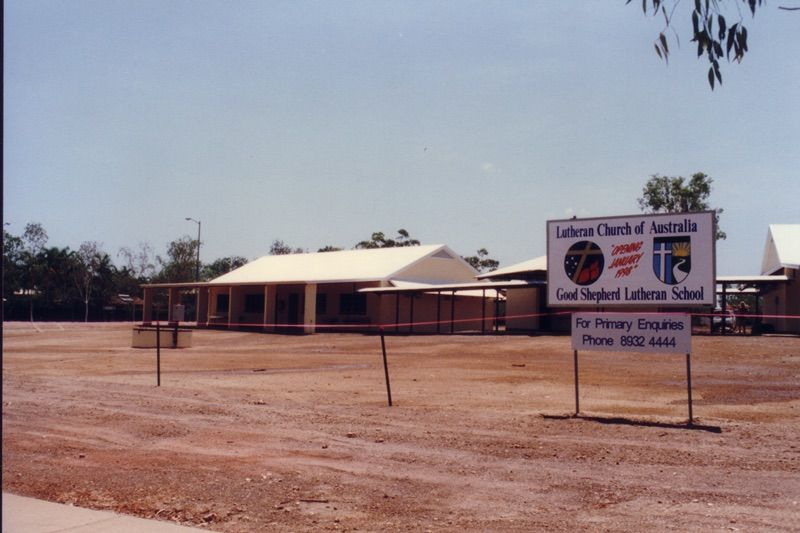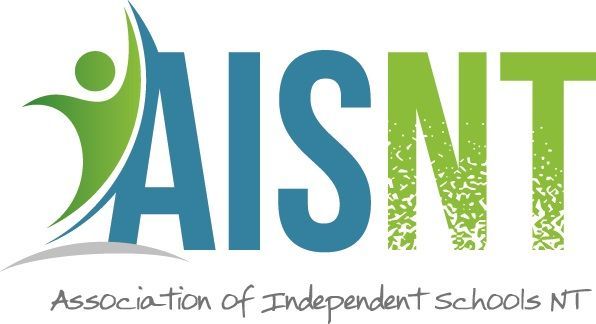Pride, Gratitude & Priorities
I have just been down to Melbourne for “stuff” I had to do and this gave me a chance to go up to my little farm in the high country. It was beautiful as ever, though some trees had taken a battering in the tirade of high winds which swept through the South East of our nation. Other than a few fences damaged there was no other collateral damage to the farm. That was lucky. Obviously, the wind had been fierce, for some large trees had been knocked down. One was literally torn out, exposing its gigantic tap root. I have heaps of trees but only a few were badly damaged. Rather than bemoaning this, I was grateful for the lack of damage. Sadly, a few kms away, a new house was blown down! It is good to be grateful and to be thankful for what you have got and not focus on what you haven’t got, so long as you have sufficient to provide reasonable circumstances. And it is good to pass this attitude on to students.
At Uni, in the early 70s, one of my majors was Economic History. In this satisfying subject I was introduced to the ideas of Walt Rostow and his 5 basic stages of economic growth. To him all countries could be placed in one of these stages. Whilst his theory has been questioned it seemed to make some sense to me, and I have appreciated it ever since. The stages are traditional society, preconditions to take-off, take off into sustained growth, drive to maturity, and the age of high mass consumption. I found this theory helpful in directing my thoughts about the world.
I guess when I was little we were in the “drive to maturity stage”. We had one car, one radio, No TV, a hand mower, a copper to heat water for clothes washing, no fridge but we did have an ice-chest. When Christmas came we had a few presents and were excited to get these. There was nothing really which we lacked which was necessary. There was no reason for us to not be grateful for our life style. However, throughout my life we have steadily moved into the “Age of High Mass Consumption”: two fridges, two tvs, two cars, several radios, computer, I-pads, heaps of power tools, etc. etc. etc. In this age we have multiples of “better than, need to go again to Bunnings etc., etc.” I have so much more stuff and am grateful for what I’ve got.
I wonder, however, if my level of gratitude is actually now less in the “Age of High Mass Consumption”.
I personally do suspect that in society the “Gross National Gratitude” is now less than it was. As educators we should embrace a mission to encourage students to be grateful for what they have and insist, when appropriate, for them to say please and thank you. These special words are extremely important, indicate value and gratitude and in their own way are a discipline to combat the “evils” of entitlement. They are also to be found in the worship services of many religions and in the saying of grace before a meal. I suspect that in our society we don’t insist on these traditions as much as we used to. Gratitude is such an important attitude and fosters a reality and balance in life.
On the farm last week, I saw a magnificent Kookaburra sitting on a post. I was reasonably close to him and could appreciate the wonder of his beauty. He seemed to stare with purpose into the distance, keen eyes searching for prey or perhaps danger. He was well groomed and his ample chest was puffed out. I paused to stare in wonder at him. To me he was clearly a very proud creature, comfortable in his own feathers and well aware of his self confidence. The school bell rang in my head - he truly symbolises what we should encourage our students to be: proud of themselves, happy in their “skin”, proud of their school and proud of their friends and their family.
Being proud of your school is a big one. A child is likely to be proud of their school if they feel safe in it, are invested in it and therefore like it. Students are unlikely be invested in it if the school lacks opportunities. A “bland” school is unlikely to produce investment. Camps, plays, clubs, festivals, musicals, sport, excursions, a variety of activities etc. all provide opportunities for students to really engage further and belong more.
“Pieces of Eight”. A good exercise for a Principal is to list 8 characteristics of their school which will make a student proud of it. It is then a good exercise to choose 8 students and ask them to do the same exercise. It is then valuable to choose 8 staff to do likewise. It is then good to reflect on the result. Are there any changes that can be readily made? Are you really proud of the answers?
A student who is proud of their school wants to come and really feel that pride as they walk through the gate in the morning and then look forward to the day.
A school doesn’t have to be “super flash” for a student to be proud of it, but it must present well, and it must have a positive energy. Schools that appear uncared for are unlikely to get the tick of proud approval. The Kookaburra was clearly proud of himself, where he lived and presented himself accordingly. I’m sure he Is a very successful bird!
Everything is a priority in a school. However, it is not possible for a Principal to do everything. Of course in a one teacher school there is not a choice, but in most schools there is a choice, even when a Principal is so busy. Part of the art of being a good Principal is to prioritize, according to what is important and not simply what is enjoyed. However having some enjoyable priorites is important to help make the job something to look forward to.
- The following are some key priorities that I saw as important.
- Meeting with the staff three mornings a week, only for a short time, to say something about the school and your philosophy which you hope might inspire them, support them. You should also talk about the school’s philosophy and purpose. This is not hard to do but needs a little thought.
- Acknowledging the successes of both staff and students.
- Making sure you acknowledge the staff as you pass them and hold a conversation with them when the opportunity arises. Don’t only talk to those you particularly like - this demonstrates visual fairness more than preference.
- Meeting with groups of students when you can. Put this into your calendar.
- Acknowledging students when you pass them.
- You obviously have office work to do. However, don’t lock yourself into your “cave” and never be seen.
- You have Board meetings to service and attend. These are very important. You can’t effectively “wing” these and must be prepared. Papers for the Board should be distributed by the deadline stated by the Chair, eg. one week before and not later. You should discuss the agenda with the Chair. Governance, particularly today, is important so the Board is important and Board Members must have the material to do their job. Make sure what the Board needs is what you provide. Work with the Chair on this. Have someone at the meeting to take minutes. It doesn’t have to be the Business Manager and it may be one of the admin staff. You won’t be able to take minutes effectively. I’m personally not in favour of the Board holding a meeting without the Principal unless it is to discuss your remuneration. You as the Principal are the Chief Executive Officer of the school and should be party to all discussions. Board meetings are important and there are many legal obligations that the Board is ultimately responsible for. You should know what these are and make sure the Board is completing these.
- You must show an interest in students. Through the years I mostly did some teaching. It is important to occasionally visit classes, attend school performances, visit camps etc.
- Your job will require delegating. Make directions clear and follow up to ensure what is delegated is done. *You are a key person students and staff notice and follow. Make sure you show who you are - if you are a positive person. If you are a negative person naturally, don’t show this. Positivity is infectious and is absorbed; negativity is unhelpful. The laugh of the Kookaburra is indeed a proudly positive sound!
- Appointing new staff is so important. You are the one employing the staff and they see you as the boss. Don’t delegate this to someone else, though you may have others to assist you in the process.
- As principal you are the public face of the school. Part of your responsibility is to connect with the “rest of the world” which also includes other schools and your sources of students. My observation is that Principals who don’t look outward effectively find their school shrinking.
- There are many other priorities which you may decide to give time to. These may relate to your particular personality. The school community doesn’t want to be run by a mystery, they want to know who you are.
Pride, Gratitude and Priorities are three worthwhile considerations for a Principals to be well aware of as they undertake their role each day. It is always helpful to have focuses to help direct them to make their school one of which all can be proud. The Kookaburra will then laugh the laugh of true pride.
Written by Chris Tudor



